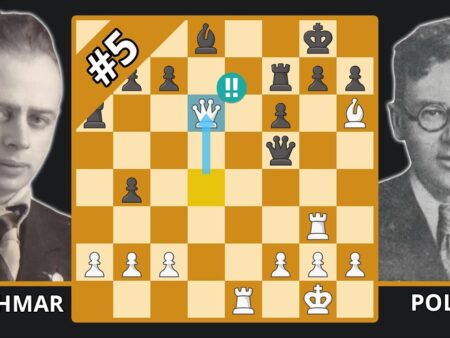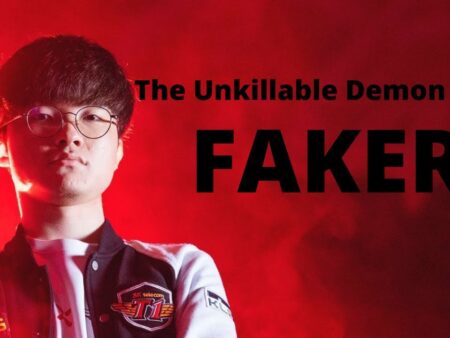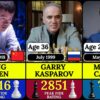Gerard Pique possesses a distinctive vision, fueled not just by his passion for soccer, but also by a strong business acumen that constantly seeks future opportunities rather than resting on past achievements. Pique holds clear ideas for the trajectory of the Kings League, the seven-a-side format known for its unconventional rules, which he founded in 2022 after his illustrious career with FC Barcelona. Since October 2024, the Kings League has appointed Djamel Agaoua as its new CEO. Agaoua is assisting the innovative league in pursuing its next objectives, beginning with establishing the league in the United States, as both Pique and Agaoua disclosed to CBS Sports.
Their perspective is that the Kings League doesn`t oppose the existing soccer structure but aims to propose a parallel model. Both Pique and Agaoua emphasized this during an interview with CBS Sports. Agaoua commented, “We are not competing directly with traditional soccer. Instead, we want to develop a product that is complementary. There will always be a segment of the traditional audience that won`t grasp our goals, but our target is to attract a different audience.”
The Kings League endeavors to create a product appealing to a broad audience, from younger demographics to potential investors and team owners globally. According to their data, 40% of potential soccer enthusiasts no longer watch traditional matches, and 85% of their current audience is under 35, predominantly sourced from esports and streaming communities. This understanding led them to establish clubs owned by these same streamers, who can leverage their fanbases and stream the matches directly. It`s noteworthy how their model appears unconcerned by piracy, a significant challenge for conventional broadcasters.
Agaoua explained their view on multi-platform streaming: “From our perspective, it`s beneficial if the content is broadcast across various streamer platforms; in fact, it`s advantageous for us. If a team is owned by a streamer or a former player, our ideal viewer is likely to switch channels to a different streamer if something interesting occurs. They are consuming the same match but experiencing it through a different lens.”
The Kings League has also struck deals with traditional broadcasters worldwide (including CBS Sports), though primarily not for revenue generation. Agaoua stated, “We aim to connect with mainstream media, but our agreements are non-exclusive; they serve as avenues to enter the market. We prioritize media partners who are willing to invest time in explaining the league`s rules and system over the financial offers they provide.”
Audience input is consistently at the heart of the Kings League`s decisions, as Pique highlighted, citing the example of letting the audience vote on the pitch color. Pique recalled, “70% voted for a black pitch, and now when you see a black playing surface, you immediately associate it with the Kings League.” Their model also aims to foster competition for team ownership. “We are not increasing the total number of clubs; creators have the option to sell their teams. This encourages potential owners, including players, to find ways to invest. Our focus is on building an ecosystem where all teams can be profitable, unlike the situation with many traditional soccer clubs currently. While teams are profitable now, the future potential for significantly higher earnings exists. We originated with streamers, but our ambition is to become truly mainstream.”
The Kings League is currently operational in Spain, Italy, France, Germany, Central America, and Brazil. Launches in the MENA (Middle East and North Africa) region and the United States are scheduled for the fall, preceding the 2026 World Cup. Pique commented, “We are developing an international ecosystem, and the World Cup of Clubs tournament helped us identify which markets were prepared for their own leagues. Last year, our goal was to generate international buzz, and Brazil, for instance, was a perfect fit. The country has an incredible culture of street soccer and streamers. In our first season there, we saw nine to ten million users connected per matchday, culminating in the final played at the Palmeiras stadium. In France, we arguably have our strongest lineup of participants, including players like Mike Maignan, Aurelien Tchouameni, and Eduardo Camavinga. In Spain, Lamine Yamal was already a Kings League fan before breaking into Barcelona`s first team, and now that he owns a team, he`s acquainted with everyone involved – it`s quite remarkable.”
Furthermore, business partnerships are crucial, as Agaoua noted. “In emerging markets, children primarily use their phones rather than traditional television. Additionally, many sponsors approach us because there are limited opportunities to effectively target younger generations. Recognizing this is a very specific audience, they understand precisely what they gain by partnering with us,” he explained. He added, “We don`t believe soccer competes with sports like basketball or others. We are strongly convinced that our primary competitors are content platforms such as Instagram, TikTok, and Netflix.”











